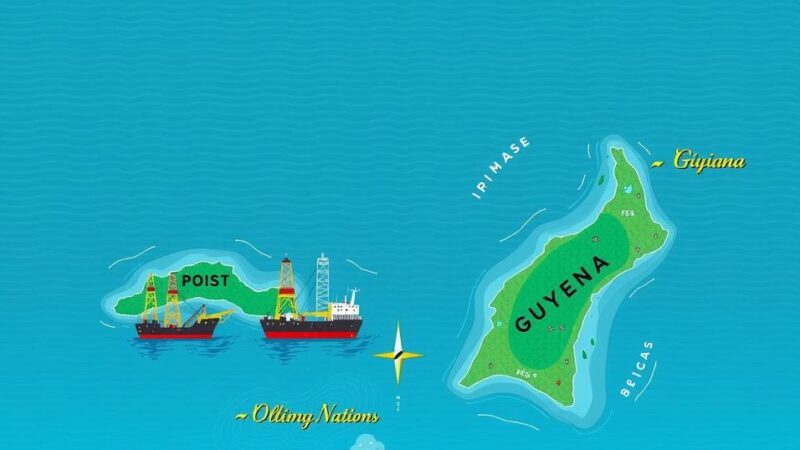Niger’s junta released around 50 individuals, including former ministers, to align with a national conference recommendation. While many were freed, ousted President Bazoum remains detained. The junta emphasizes forgiveness and reconciliation, distancing itself from France and forging ties with neighboring countries and Russia.
On Tuesday, Niger’s junta announced the release of approximately 50 individuals, including several ministers from the ousted government, as part of fulfilling recommendations from a national conference held in February. Noteworthy releases included former ministers such as Mahamane Sani Issoufou, Kalla Moutari, Ahmat Jidoud, and Ibrahim Yacoubou, along with former ruling party president Foumakoye Gado and journalist Ousmane Toudou. Despite these releases, former President Mohamed Bazoum remains in detention under charges of conspiracy denying him a trial date.
The junta’s statement highlighted that the operations were consistent with the national reconciliation efforts advocated during their February conference, which authorized General Abdourahamane Tiani to maintain his leadership for the next five years. Tiani stressed his commitment to fostering forgiveness and reconciliation while emphasizing that justice was vital to the aspirations of the Nigerien populace.
The military government has distanced itself from France and expelled foreign troops while strengthening alliances with neighboring military-led governments in Burkina Faso and Mali. This collaboration has led to the formation of the Alliance of Sahel States (AES), enhancing ties with Russia, with foreign ministers from these nations set to engage in talks in Moscow shortly.
In summary, the recent release of former government officials by Niger’s junta represents a significant step towards reconciliation, aligned with national forum recommendations. However, the continued detention of former President Bazoum raises concerns regarding justice and accountability. The junta’s shift in international relations marks a pivotal moment as it seeks to strengthen ties with other military-led governments while reinterpreting its approach to governance in the region.
Original Source: www.webstercountycitizen.com






